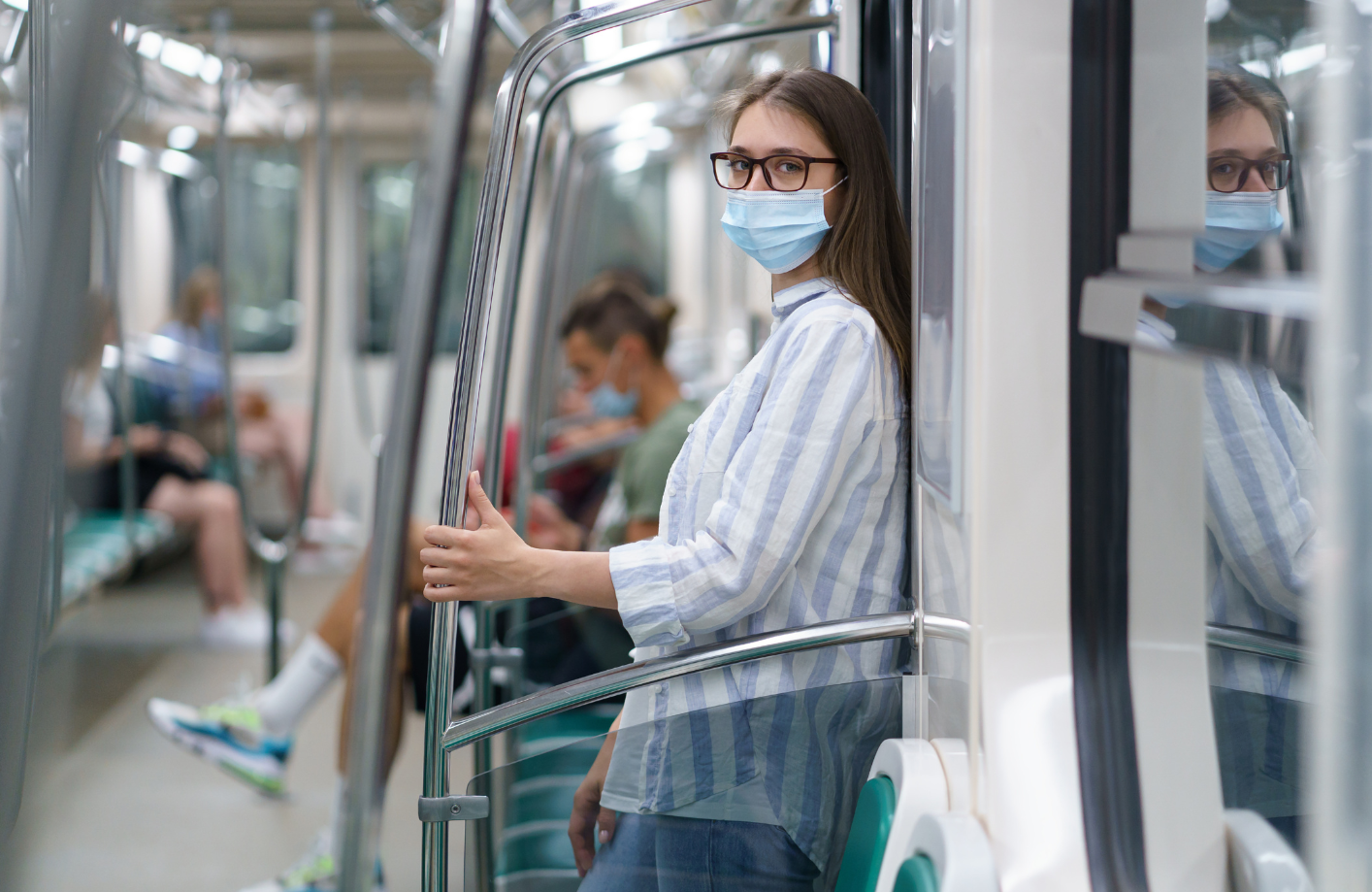CDC issues updated guidelines for people who test positive for Covid-19

The Center For Disease Control(CDD) on Friday, March 1st, 2024, revised its isolation guidelines for those who test positive for Covid-19.
Under the new guidelines, people who test positive for Covid-19 will no longer be asked to isolate for five days. Instead, the CDC states that people who test positive for Covid, and have been fever free for 24 hours, can now go about their normal daily activities like going to work or school.
Previously the CDC recommended a five day isolation period for people who tested positive for Covid, even if they didn’t have symptoms.
In a media briefing to announce the new guidelines, the CDC said that while Covid still represents an important public health threat, the virus’ serious detrimental effects have been dramatically lessened over the last few years. This is due to a number of factors, they noted, including high vaccination rates and also widespread immunity amongst the population who have gotten Covid once or numerous times.
In a statement on their website, the CDC explained their decision.
“Weekly hospital admissions for COVID-19 have decreased by more than 75% and deaths by more than 90% compared to January 2022, the peak of the initial Omicron wave,” the statement said. “Complications like multisystem inflammatory syndrome in children (MIS-C) are now also less common, and prevalence of Long COVID also appears to be decreasing. These reductions in disease severity and death have persisted through a full respiratory virus season.”
According to the CDC, the new protocols “reflect a shift away from the emergency response phase of the pandemic to the recovery and maintenance phases.”
The agency noted that the threat from Covid has morphed into being similar to that of other common respiratory viruses, such as influenza, the flu, RSV and others. Thus, the agency will no longer issue Covid-specific guidelines. Instead they will now be issuing a more general ‘Respiratory Virus Guidance’ to cover all respiratory illnesses.
“This brings a unified, practical approach to addressing risk from a range of common respiratory viral illnesses,” the CDC noted on their website.
Besides the mitigation successes related to Covid, another reason for the change in guidelines is that many people who now get sick never get tested and so don’t know exactly what virus they may have.
In an interview with NBC News, Dr. David Margolius, the public health director for the city of Cleveland, said the situation now is really about using good old common sense.
“We’ve gotten to the point where we are suffering from flu at a higher rate than Covid,” Dr. Margolius said. “What this guidance will do is help to reinforce that— regardless of what contagious respiratory viral infection you have — stay home when you’re sick, come back when you’re better.”
The CDC did note, however, that people at higher risk for severe illness such as the elderly, pregnant women and the immunocompromised, may need to take additional preventive measures.
And despite doing away with the isolation guidelines, the CDC recommends that people continue to be aware that they can still spread Covid-19 for up to five days after they feel better. The agency encouraged those folks to mask around vulnerable people, and open windows to improve the flow of fresh air.

The move by the CDC comes in the wake of California and Oregon changing their Covid guidelines earlier this year. Since doing away with isolation recommendations, both states have reported that they have not seen any increase in Covid-19 emergency room visits and hospitalizations.
The new guidance is for the general public only, and does not include isolation guidelines in hospital and nursing home settings, which is generally 10 days.
The CDC is recommending that adults 65 and older get the latest booster shot as soon as possible. Covid cases tend to rise in the summer.
The CDC has also issued some general guidelines that people can follow to help curb the spread of Covid-19.
- Get the Covid vaccine whenever it is available. 95% of people who were hospitalized with Covid this past winter had not received the latest vaccine.
- Cover coughs and sneezes, and wash hands frequently.
- Increase ventilation by opening windows, using air purifiers and gathering outside when possible.
*Here at Tayo we aim to offer the latest and best advice regarding Covid-19 and other common respiratory illnesses. The guidelines and suggestions listed here are based upon the recommendations of the CDC and other health care professionals. However, this advice may not suit each individual circumstance and is just meant as general guidelines. We encourage you to consult with your healthcare provider to get the answers that best suit you and your family’s individual needs.


